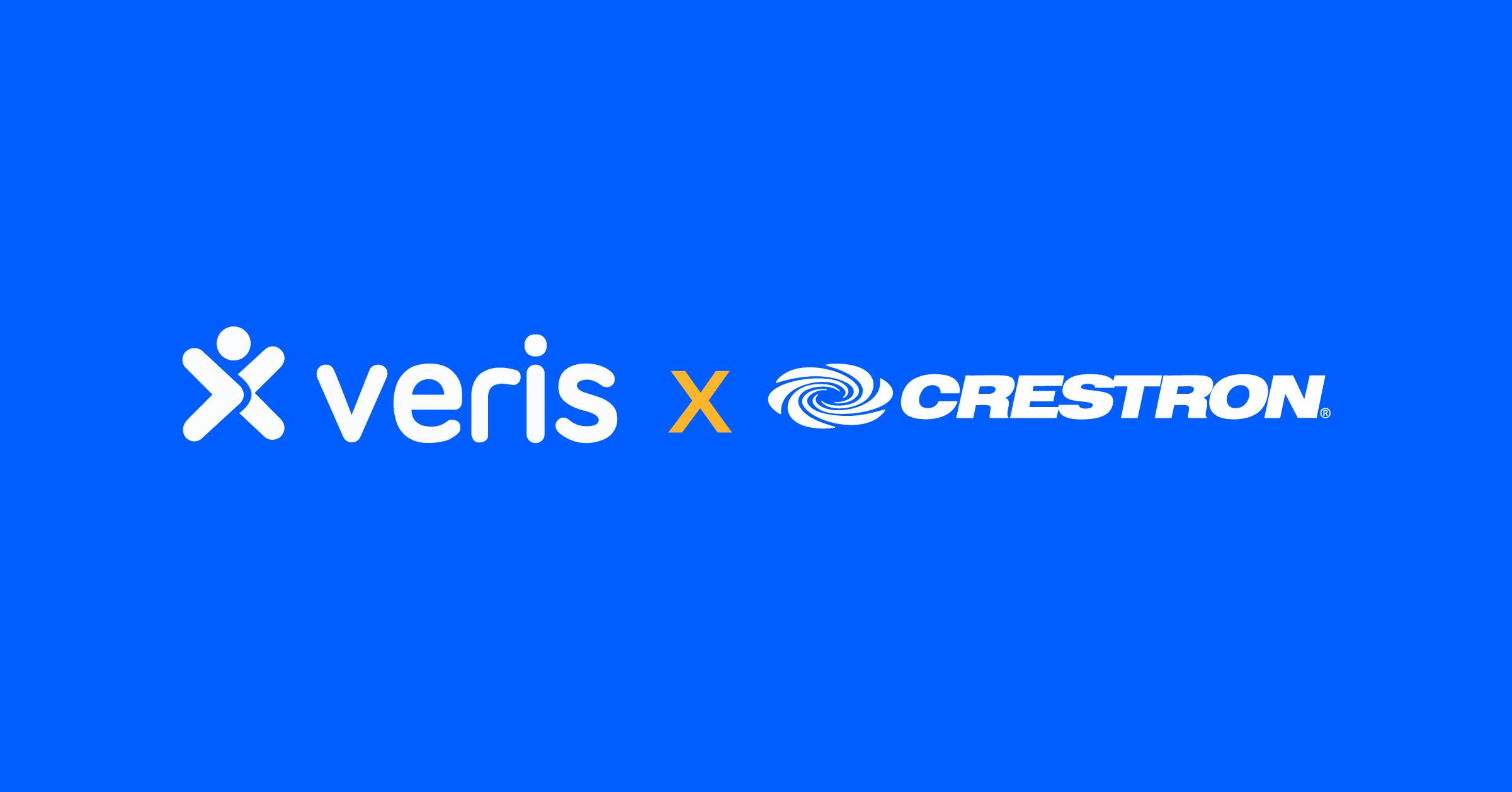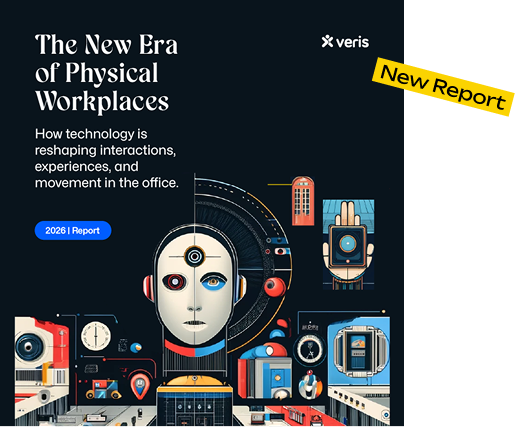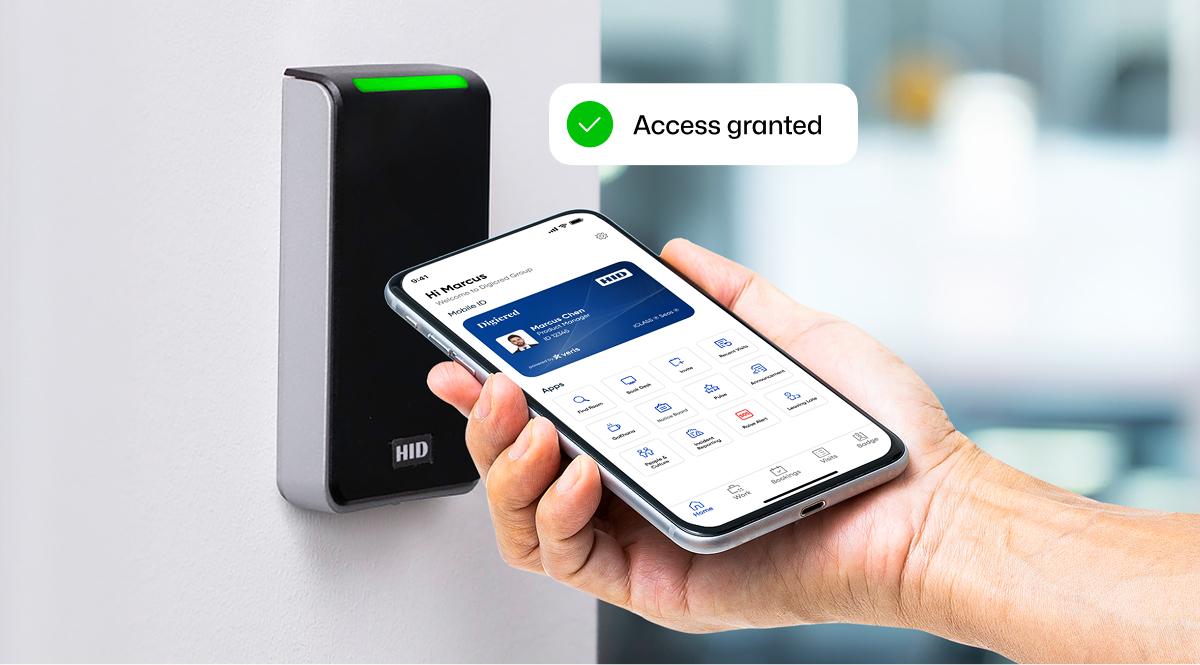Time is the only resource in the workplace that cannot be replenished—once it's gone, it’s gone. In fast-paced professional environments where deadlines are tight and demands are high, how employees choose to spend their time directly shapes both personal performance and organizational success.
An integrated smart workplace platform, helps businesses optimize time management by providing tools for efficient communication, collaboration, and resource management, ensuring that both teams and individuals can maximize their productivity.
What is time management at workplace?
Time management in the workplace refers to the ability to plan, prioritize, and execute tasks efficiently within a set timeframe. It's about making conscious decisions to optimize working hours, minimize distractions, and allocate effort where it matters most.
When mastered, time management becomes more than just a productivity hack—it is a foundational skill that drives higher output, improves mental well-being, strengthens team collaboration, and fuels long-term business growth.
The benefits of time management at workplace
1. Increased productivity and efficiency
Effective time management helps employees focus on high-impact tasks rather than getting caught up in reactive or low-priority work. By identifying what's urgent and important, professionals can channel their energy toward meaningful output—completing more work in less time without sacrificing quality.
According to a ProofHub study, companies that implement structured time management practices see up to a 25% increase in productivity, proving that better planning leads to better performance.
2. Consistent on-time delivery
Meeting deadlines isn’t just about speed—it’s about structure. When employees use techniques like time-blocking, task batching, or calendar scheduling, they create a roadmap for success. This reduces last-minute scrambles and builds a culture of reliability and accountability.
Tools like Google Calendar or project management platforms such as Trello and Asana help ensure that deliverables stay on track and expectations are consistently met.
3. Improved quality of work
Rushed work is rarely good work. Time management gives employees the space to focus deeply on complex tasks, minimizing errors and enhancing the overall quality of output. By allocating uninterrupted time for critical work, Veris helps professionals to stay organized, making it easier to maintain high-quality standards.
High-priority tasks receive the attention they deserve, resulting in deliverables that meet or exceed expectations.
4. Reduced stress and anxiety
A cluttered schedule leads to a cluttered mind. When employees feel overwhelmed by competing deadlines and unclear priorities, stress builds up quickly. But with effective time planning, they regain control over their workload.
Research by Deel shows that employees who manage their time well report significantly lower levels of workplace anxiety and burnout—making mental well-being one of the biggest hidden wins of time management.
5. Better decision-making
Good decisions require time to think. When employees are constantly reacting to urgent tasks, they don’t have the bandwidth to assess options or consider long-term impacts. Time management allows room for thoughtful analysis and informed action.
Instead of making knee-jerk decisions under pressure, professionals who manage their time effectively are able to weigh options, seek input, and choose wisely.
6. Enhanced work-life balance
When time is managed effectively during working hours, employees can truly “clock out” at the end of the day without the nagging feeling of unfinished tasks. This separation between professional responsibilities and personal life fosters a healthier routine and more restorative downtime.
A strong work-life balance contributes to higher job satisfaction, better mental health, and improved employee retention—making it a win for both individuals and organizations.
7. Reduced procrastination
Procrastination isn’t just laziness—it’s often a sign of feeling overwhelmed. Time management offers a solution by breaking large, intimidating projects into manageable steps with clear deadlines. This structured approach helps reduce avoidance behavior and encourages steady, rewarding progress.
Micro-tasking and setting short, achievable goals create dopamine-driven momentum, making it easier to start and finish what once felt daunting.
8. Improved job satisfaction and career growth
The more effectively someone manages their time, the more they accomplish—and those accomplishments build confidence. When employees consistently meet goals, exceed expectations, and stay organized, they’re seen as reliable and capable professionals.
This kind of performance not only boosts morale but also increases visibility, opening doors to promotions, leadership opportunities, and long-term career advancement.
9. Benefits for teams and businesses
When time management becomes a team-wide practice, the impact scales beyond individual performance. Time-managed teams operate more efficiently, avoid duplication of effort, and stay aligned on priorities—resulting in smoother workflows and faster project turnaround.
From a business perspective, this translates to cost-effective operations. With clearer timelines and better coordination, organizations reduce unnecessary overtime, minimize bottlenecks, and allocate resources more strategically. The result? Higher team morale, improved productivity, and sustainable business growth.

Key strategies for time management at workplace
Mastering time management starts with small, intentional changes. Here are a few actionable strategies to help individuals and teams take control of their time:
- Use calendars and planners: Schedule tasks, set deadlines, and visualize your week to stay organized and proactive rather than reactive.
- Practice time-blocking: Dedicate specific blocks of time to focused work, meetings, and breaks. This reduces multitasking and boosts concentration.
- Try the Eisenhower matrix: Prioritize tasks by urgency and importance. This tool helps you focus on what truly matters and avoid spending time on low-impact activities.
- Limit distractions: Silence notifications, set boundaries for digital communication, and create distraction-free zones to protect your most productive hours.
Frequently asked questions (FAQs)
Conclusion
In today’s demanding work environment, time management is not optional—it is essential. From boosting productivity and job satisfaction to reducing stress and driving organizational success, the ability to manage time well is one of the most valuable skills any professional can develop.
Ready to take your next step?
Take a moment to audit how you currently spend your time. Identify one time management strategy—whether it is time-blocking, using a planner, or prioritizing with the Eisenhower Matrix—and commit to practicing it this week. Small changes can unlock powerful results.
Start improving your team’s time management today with Veris—the platform that enhances collaboration, productivity, and employee well-being.





































.avif)
.avif)





